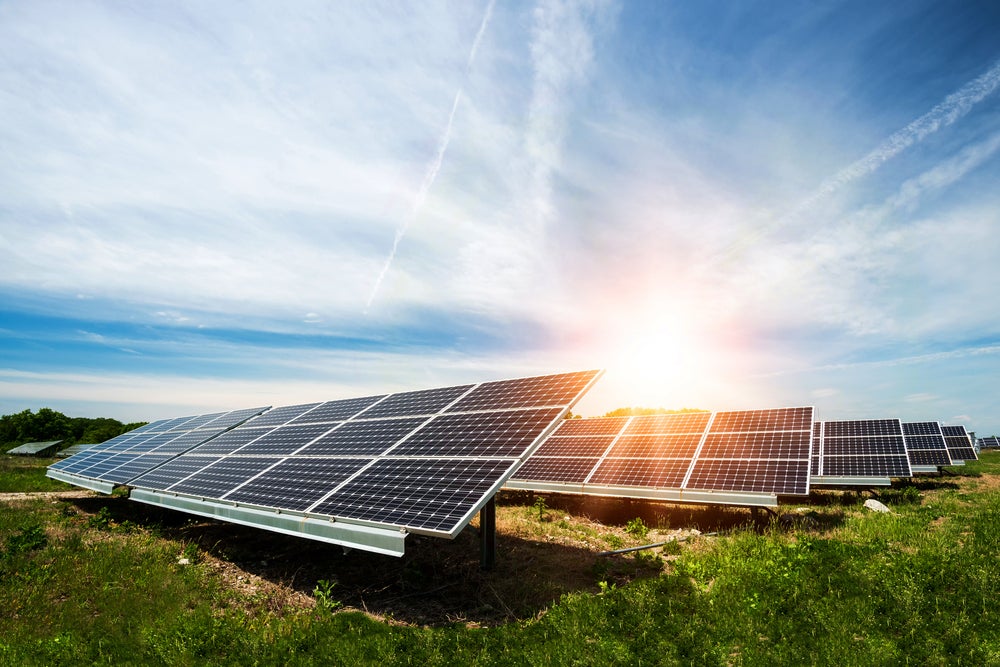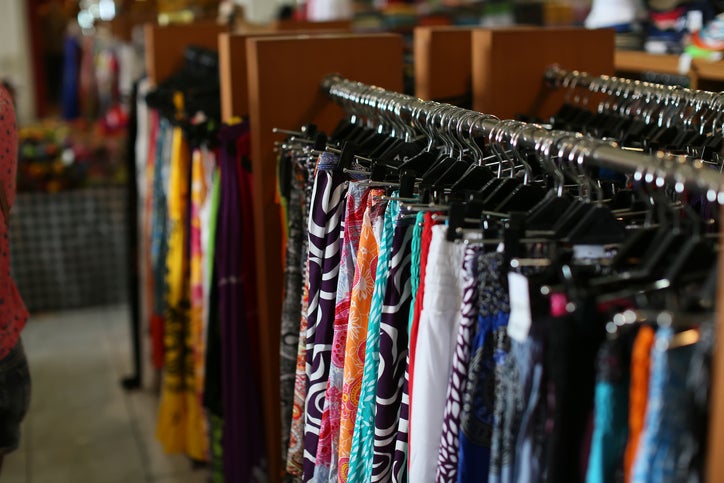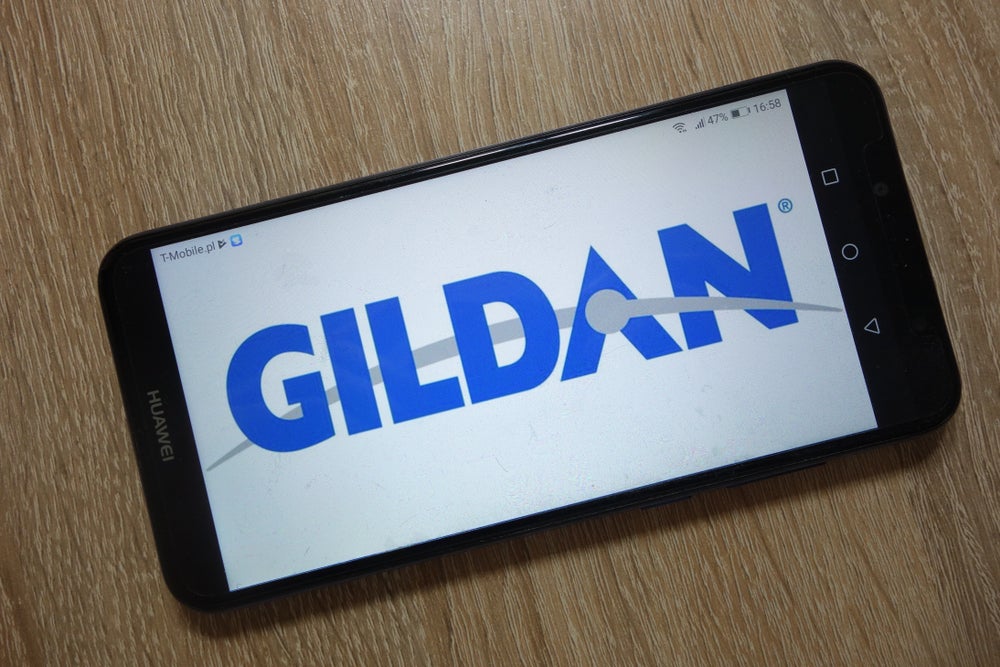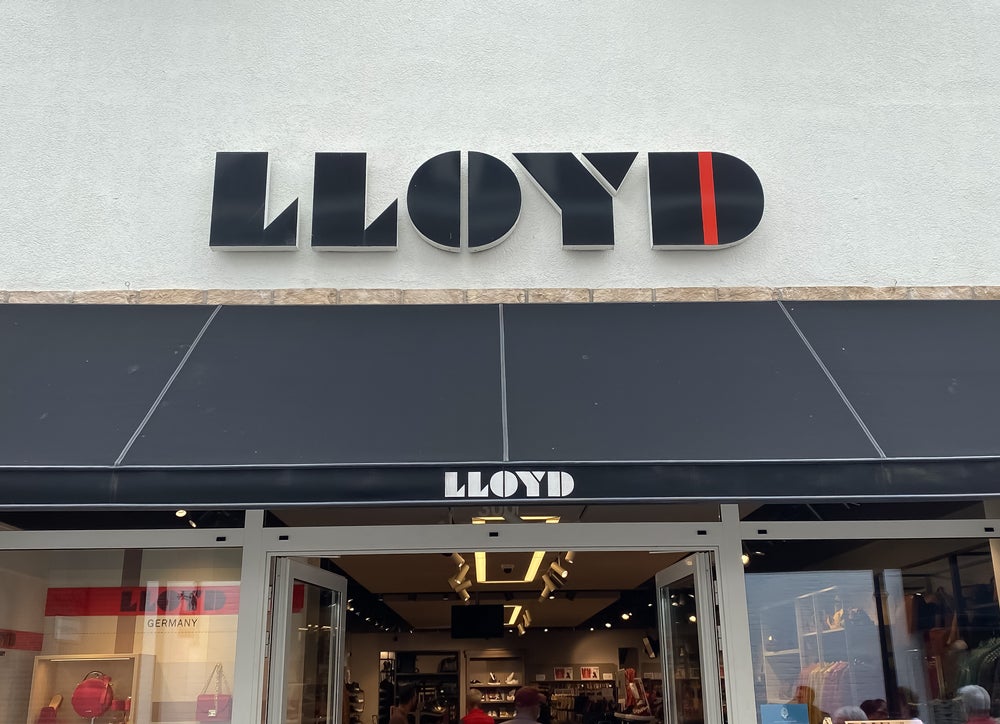The New Climate Institute assessed the integrity of renewable energy targets set by ten different apparel and tech companies, with varied results.
The thinktank says that switching to renewable energy can be a key step in decarbonising an organisation and its supply chain. However it also warns that, depending on how the energy is sourced, a pledge to switch to 100% renewable energy can also be used to 'greenwash' a company’s activities.
The impact of switching a company’s own operations to renewable energy will also have much less impact than switching its supply chain, particularly in the apparel sector.
Just two of the ten companies assessed - Google and H&M - have committed to 100% renewable energy in their supply chains, although the targets have been given "significant caveats".
The New Climate Institute claims that H&M's renewable energy target does not include a commitment to electrifying its manufacturing processes.
Sportswear specialist Nike and US-based retailer Gap were both found to have a “moderate” level of integrity in their claims about their own operations.
In December 2023, COP28's agreement called on all parties to "transition away from fossil fuels in energy systems" to help achieve net zero by 2050.
The New Climate Institute said that strategies for renewable energy in supply chains “remains an underdeveloped blind spot”. The report warns: “The limited attention for increasing renewable electricity use in the supply chain is in stark contrast with the need for an exponential increase of renewable energy capacity in the near future, especially in supply chain regions.”
H&M’s renewable energy strategy was said to have only a “shallow” level of integrity, alongside athleisure brand Lululemon and Zara’s parent company Inditex, which also scored the same rating.
The report also warned about the dangers of apparel companies using Renewable Energy Certificates (RECs), which it says are unlikely to increase renewable capacity. It says there is “no or very weak physical link” between the grid where the RECs were generated and the grid where the renewable energy is claimed.
A spokesperson from H&M told Just Style that the company shared the report's position on climate action and the need for "deep reductions of greenhouse gas emissions".
"At H&M Group we are dedicated to having our climate targets firmly anchored with science. As mentioned in the report, H&M Group is one of the few ambitious brands having 100% renewable energy goals for supply chain," the spokesperson said.
A spokesperson from Inditex told Just Style: "We are committed to promoting the use of renewable energy, not only in our facilities, but also in our value chain. We are expanding our own direct consumption of renewable energy with photovoltaic and wind power."
Inditex gave the example of its Outer Port Wind Facility in La Coruna – close to its headquarters in northwest Spain – which it expects to be operational by 2026. The facility will provide renewable energy to Inditex's offices, distribution centre and own factories, as well as the wider region. The spokesperson added: "We are complementing this by increasing our energy procurement practices with signature PPAs (Power Purchase Agreements) in recent years."
Lululemon, Nike and Gap had not responded to Just Style's request for comment at the time of going to press.
H&M's spokesperson added: "We advocate for policy that aims to limit global temperature rise to 1.5°C and support legislation that accelerates the decarbonisation of our value chain. This includes support of regulations that enable Power Purchase Agreements (PPAs) in our production markets, to accelerate the transition to renewable energy and electrification in our industry. Decarbonizing supply chains is a shared challenge that can only be tackled with strong shared commitments and collaborative financing. One example of this is our recently communicated commitment to collaboratively finance new near-shore wind power in Bangladesh together with GFA, CIP and Bestseller.
"Furthermore, we have developed a range of solutions to target our suppliers’ different needs. Together, they create an ecosystem of support that drive down emissions in a cost-effective way. H&M Group’s Green Fashion Initiative supports the company in reducing greenhouse gas emissions across its value chain, by making funding available to supplying factories to invest in the technologies and processes needed to reduce energy demand and replace fossil fuels with renewable alternatives."
In November 2023, H&M Group partnered with Southeast Asia’s bank DBS on what it describes as a "first of its kind" green loan programme to accelerate the decarbonisation of fashion supply chains.















